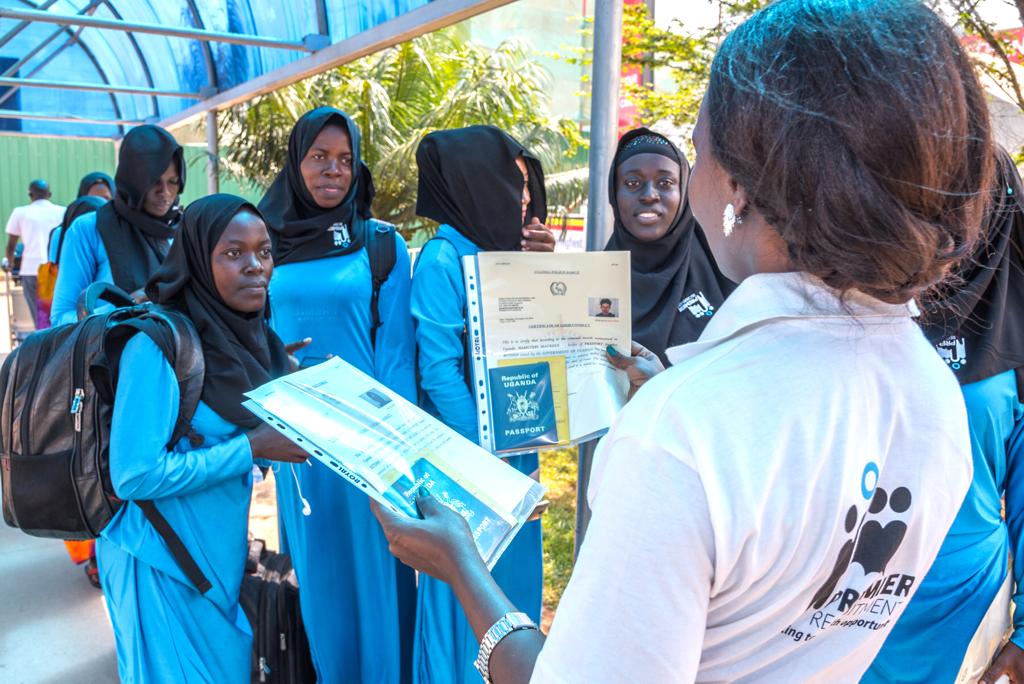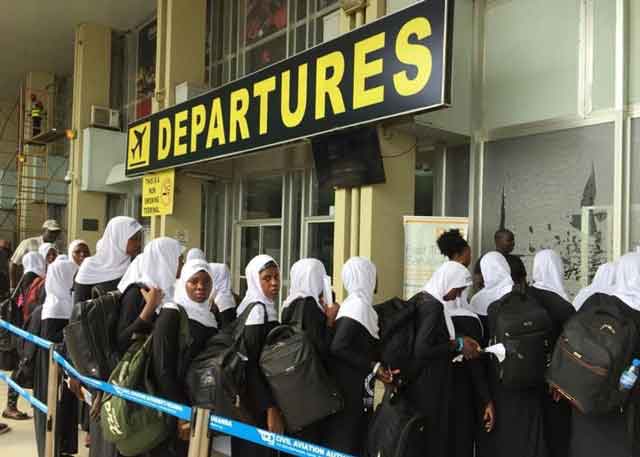
Did you know that there is a large Ugandan workforce currently employed in the Middle East? In fact, it is estimated that there are over 1 million Ugandans working in countries like Saudi Arabia, the United Arab Emirates, and Qatar as of 2021. The majority of these workers are young women employed as housemaids, and many of them are subjected to poor working conditions.
Today we explore the untold stories of Ugandan workforce export to the Middle East.
First off - What exactly is the Ugandan workforce export to the Middle East?
Uganda is a country with a lot of human resource potential, especially in terms of labour. In many cases, young people are seeking employment overseas, and they end up going to places like Saudi Arabia where they can make a living and take care of their loved ones back home.
These young women are often single mothers who choose to leave their children at home with relatives so they can go gain sustenance for their little ones.
They are generally promised to work for a certain period of time through a contract and hope for a better life for themselves and their families.
In any case, it is important to shed light on the issue of Ugandan workers being exported to the Middle East and hopefully find a way to end this current form of human trafficking and modern-day slavery.
Upon arriving in the UAE, they discover the contract they signed in Uganda does not apply. There is usually a disconnect in communication with the initial agency in Uganda. It is also at this point they discover that they might have to sign a new contract which in most cases leads them into the Kafala system.
Why this issue has not been given much attention is anyone's guess. Currently, Uganda's government does not have an accurate record of how many Ugandans are working in the Middle East. Most of the information we receive is based on estimates.

There have been cases where workers have been abandoned by their employers in a foreign country with no means of communication or support, and are not even allowed to leave. It's heart-wrenching to see how our sisters suffer, yet very little media coverage is given to this growing problem.
They cry out hoping that someone will hear them and help rescue them from their nightmare. To raise awareness, a group of concerned Ugandan citizens compiled a petition as a result.
Since standing in the gap, many workers trapped in the middle east have come out and the stories are all too familiar. From being overworked to verbal, physical and sexual abuse and in worst-case scenarios, organ extraction.
How can we prevent these abuses from continuing to take place? That is the question we should be asking ourselves.
To ensure the workers' safety, what policies or laws need to be put in place? What is the government of Uganda doing to ensure their safety? Note that the Ugandan government taxes the income of its workers.
These are some of the questions we as Ugandans need to expound on.

Some of the challenges they face include:
These are just some of the stories we have heard, and there are countless more that remain untold.
Uganda has high levels of unemployment, so it's not surprising that many young women would be willing to risk everything in order to secure employment abroad.
As the saying goes, desperate times call for desperate measures. And these are indeed desperate times that saw the birth of an app that has been developed to help track and trace their location and for them to be able to send emergency signals should they detect that their lives are in danger.
The plight of Ugandan workers in the Middle East is one that deserves more attention.
There are a few things that we can do as individuals to help these women. By sharing their stories, raising awareness, and asking both the Ugandan government and the international community to help end this abuse, we can begin to help.
Article By : Sarah Benice
